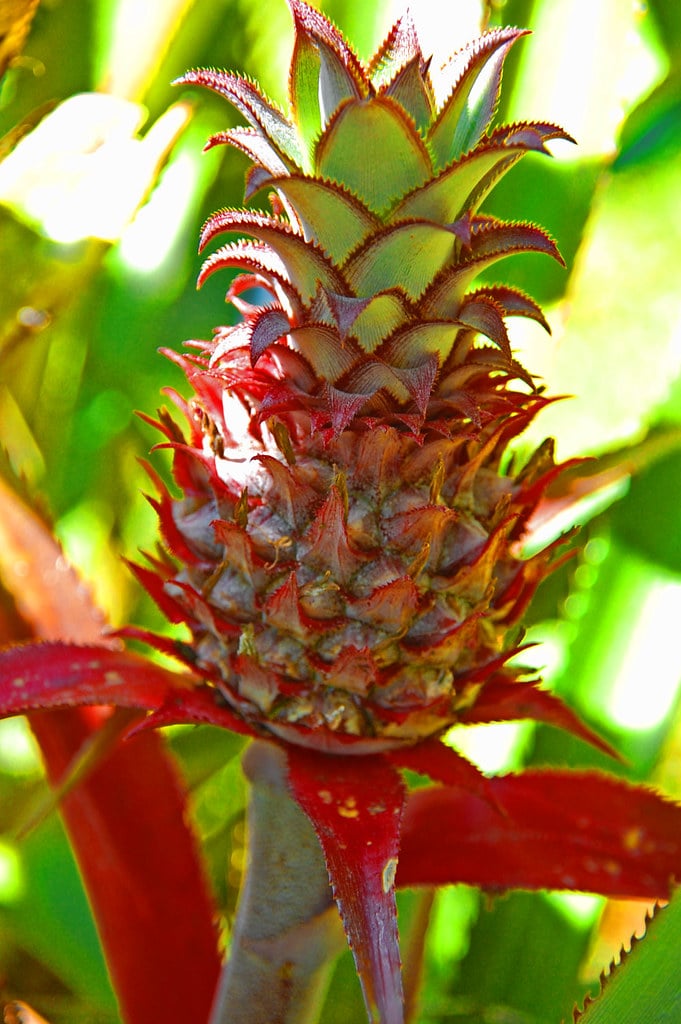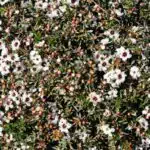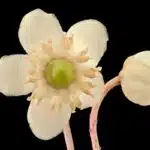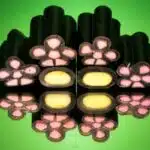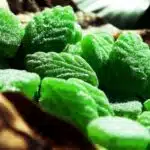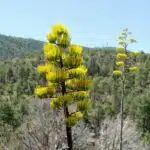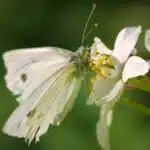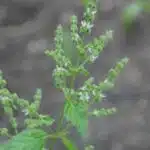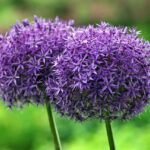Jamaica plant, also known as hibiscus, is a flowering plant native to Africa but is now widely cultivated in tropical and subtropical regions around the world, including Jamaica. The plant is known for its vibrant and colorful flowers, which have long been used in traditional medicine and culinary practices. In this article, we will delve into the meaning of the Jamaica plant, its properties, and its various uses in different contexts.
What is Jamaica Plant?
Jamaica plant, or hibiscus, belongs to the family Malvaceae and has more than 200 species worldwide. The plant is commonly known for its colorful and vibrant flowers, which range from red, pink, yellow, and orange, to purple and white. The plant has a long history of use in traditional medicine, primarily due to its rich composition of bioactive compounds, such as flavonoids, anthocyanins, and organic acids.
Jamaica plant is also referred to as Roselle, Red sorrel, Karkade, or Sour tea in different parts of the world. The plant is highly valued for its medicinal and culinary properties, and it is used in the preparation of herbal teas, juices, jams, sauces, and other culinary dishes.
Properties of Jamaica Plant
Jamaica plant is rich in bioactive compounds that give it several medicinal and nutritional properties. Some of the key properties of the plant include:
Antioxidant Properties
The Jamaica plant is an excellent source of natural antioxidants, such as flavonoids and anthocyanins. These antioxidants help protect the body against oxidative stress and damage caused by free radicals, which can contribute to chronic diseases like cancer, heart disease, and diabetes.
Anti-inflammatory Properties
Jamaica plant contains anti-inflammatory compounds that can help reduce inflammation in the body. Inflammation is a natural response of the immune system to injury or infection, but chronic inflammation can lead to several health problems. Jamaica plant has been shown to reduce inflammation in various parts of the body, including the liver, kidneys, and brain.
Hypotensive Properties
Jamaica plant has hypotensive properties, which means it can help lower blood pressure. The plant contains organic acids and other bioactive compounds that help relax blood vessels and improve blood flow. Drinking Jamaica plant tea or juice regularly can help lower blood pressure and reduce the risk of hypertension.
Anti-diabetic Properties
Jamaica plant has been shown to have anti-diabetic properties, thanks to its rich composition of bioactive compounds like anthocyanins and flavonoids. These compounds help improve insulin sensitivity and reduce blood sugar levels, which is beneficial for people with diabetes.
Anti-bacterial Properties
Jamaica plant has anti-bacterial properties that make it effective in treating various bacterial infections. The plant contains bioactive compounds that can inhibit the growth of several bacteria, including E. coli and Staphylococcus aureus.
Uses of Jamaica Plant
Jamaica’s plant has been used for centuries in traditional medicine, culinary practices, and even in textile production. Let’s explore some of the main uses of the Jamaica plant in different contexts.
Medicinal Use
Jamaica plant has a long history of use in traditional medicine for treating various ailments. The plant is used in the preparation of herbal teas, which are used to treat various health conditions, including high blood pressure, diabetes, and liver disease. Jamaica plant is also used in the production of dietary supplements and herbal remedies, which are used to boost immunity and improve overall health.
Culinary Use
Jamaica plant is widely used in culinary practices in various parts of the world. The plant is used to prepare beverages, such as hibiscus tea, which is a popular beverage in many cultures. The tea is made by steeping dried Jamaica plant flowers in hot water and can be served hot or cold. The tea has a unique, tart flavor and is rich in antioxidants, making it a healthy and refreshing beverage.
Jamaica plant is also used to make jams, jellies, and syrups. The plant’s acidic taste pairs well with sweeteners, making it a popular ingredient in jams and jellies. In the Caribbean, Jamaica plant is used to make a sauce called “sorrel sauce,” which is used as a condiment for meat dishes.
Textile Use
Jamaica plant has been used in textile production for centuries. The plant contains strong fibers that can be extracted and used to make rope, cordage, and even clothing. The fibers are known for their durability and strength, making them ideal for outdoor and heavy-duty applications.
Cosmetic Use
Jamaica plant is also used in the cosmetic industry, primarily due to its antioxidant and anti-inflammatory properties. The plant’s extract is used in various cosmetic products, including skin creams, lotions, and hair care products. The plant’s extract can help protect the skin against environmental stressors, reduce inflammation, and improve skin tone.
Cultural Significance
Jamaica plant holds significant cultural significance in many cultures around the world. In Jamaica, the plant is used to make a popular Christmas beverage called “sorrel drink.” The drink is made by steeping Jamaica plant flowers in hot water, adding sugar, and allowing the mixture to ferment for several days. The drink is then strained and served cold with rum.
In Egypt, the plant is known as “karkade,” and the tea is a popular drink during Ramadan. The tea is made by steeping dried Jamaica plant flowers in hot water and sweetening with sugar. The tea is served hot or cold and is a refreshing and cooling beverage during the hot summer months.
In other parts of the world, such as Mexico and Thailand, Jamaica plant is used to make a refreshing and healthy beverage. In Mexico, the tea is known as “agua de jamaica,” and it is served cold with sugar and lime juice. In Thailand, the plant is used to make a beverage called “nam krajeab,” which is made by boiling the flowers and adding sugar and ice.
Conclusion
Jamaica plant, also known as hibiscus, is a versatile and vibrant plant that has been used for centuries in traditional medicine and culinary practices. The plant is rich in bioactive compounds that have several health benefits, including antioxidant, anti-inflammatory, and hypotensive properties. Jamaica plant is used in various contexts, including medicine, culinary practices, textile production, and even cosmetics.
The plant’s significance in different cultures is a testament to its versatility and cultural importance. Whether you are sipping a cup of hibiscus tea, enjoying a sweet jam or jelly, or using a cosmetic product that contains Jamaica plant extract, you can be sure that you are benefiting from the plant’s many properties.
Jamaica plant is a fascinating plant that deserves more attention and recognition for its many benefits. Its bright and colorful flowers are not only aesthetically pleasing but also a valuable source of nutrition and medicine. As more research is conducted on the plant’s properties and uses, we can expect to uncover even more benefits of this amazing plant.
photo by https://www.flickr.com/photos/21422085@N04/4372417301

